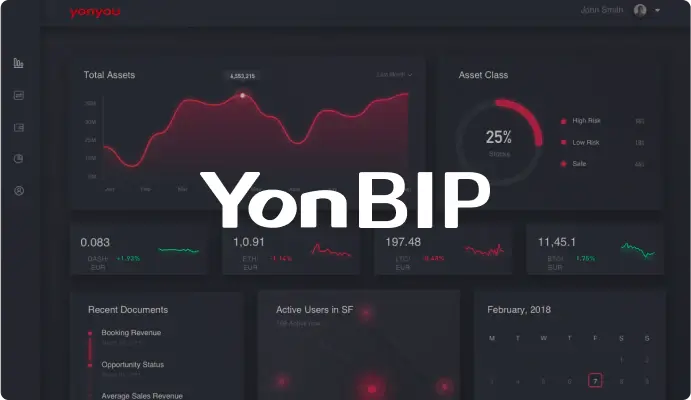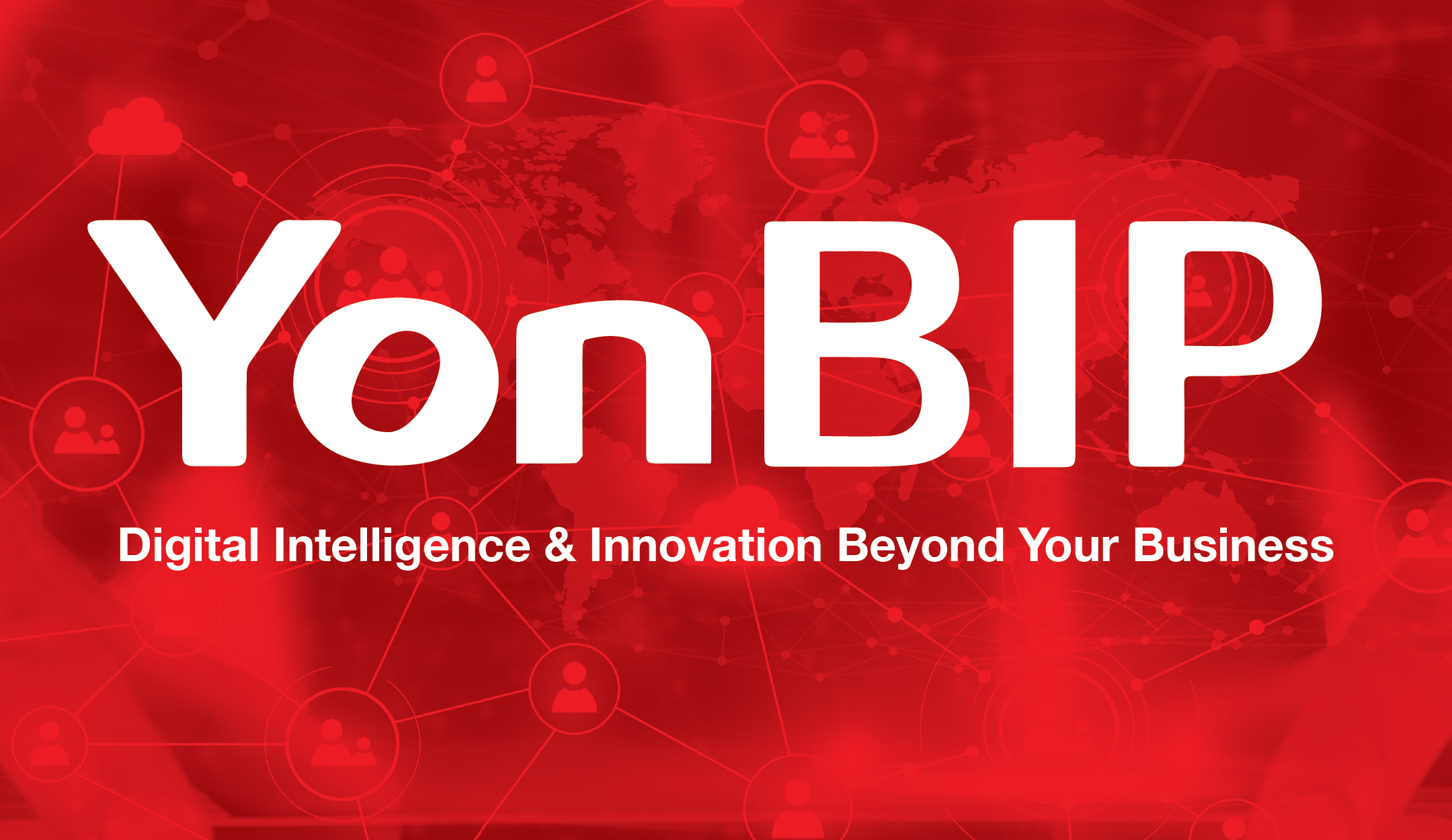Employees represent more than just manpower; they can be the very foundation upon which your business success is built on. But how do organisations guarantee that their workforce remains both challenged and nurtured? The secret lies in robust employee development strategies.
This article will delve deep into the importance of employee development and provide actionable tips to help your team grow professionally and personally. We’ll also introduce Yonyou’s Human Resource Management (HRM) solutions as an essential tool for enhancing these development initiatives.
Why is Employee Development Important?
Before we unpack the strategies for employee growth, it’s essential to understand the significance of this practice. Employee development refers to the strategic improvement of employees’ skills, abilities, and knowledge to meet an organisation’s current and future needs.
Investing in employee development doesn’t just bolster the individual’s capabilities – it powers the entire team’s potential. Employees who feel they’re growing in their roles naturally bring increased energy, innovation, and dedication to their teams. This synergy not only enhances team effectiveness but also catalyses overall business growth.
Moreover, why is employee development important? One key reason is its direct link to satisfaction working in the company. As highlighted by Harvard Business Review, growth is among the key factors contributing to job satisfaction alongside achievement, recognition, and responsibility. Employees who see a clear path for growth in an organisation are more likely to remain committed and loyal. As they develop, they bring their expanded skill sets and expertise to the table, making teams more versatile and effective.
1. Craft Individual Development Plans
Diving into how to improve employee development, the first crucial step is to have a plan for each team member. Everyone is at a different point in their professional journey, with distinct aspirations, strengths, and areas needing improvement. While one team member might be a newcomer eager to start climbing the corporate ladder, another could be a seasoned veteran looking to diversify their skill set.
An Individual Development Plan (IDP) comes in handy here. By setting clear goals, establishing timelines, and defining outcomes, IDPs provide a roadmap for growth. These plans should be revisited regularly, ensuring they align with the employee’s aspirations and the organisation’s evolving needs.
2. Diversify Your Approach to Training and Development
When it comes to employee development areas, one size does not fit all. While traditional training programmes are essential, thinking outside the box is equally crucial. Today’s digital era offers many tools – webinars, online courses, certifications, mentorship programmes, and more.
Diversifying your approach does more than just cater to different learning styles. It fosters an environment of knowledge-building, ensuring that team members are exposed to various skills and insights. A multifaceted approach to training also ensures adaptability, preparing teams to tackle diverse challenges with agility.
3. Give Constructive Feedback and Celebrate Success
Constructive feedback – both praise and criticism – can help individuals understand their strengths and areas of improvement. Providing specific examples during feedback sessions can guide employees on what precisely they did well and where they faltered. This clarity helps them replicate successful actions and rectify mistakes, promoting a clear path to growth and development.
Yet, it’s not just about pointing out areas of improvement. Regular feedback sessions, when handled with empathy and understanding, can build trust. Employees begin to see these sessions not as judgement periods but as opportunities for growth. It also encourages them to voice their concerns, aspirations, and feedback for the organisation, fostering a two-way communication channel.
4. Dedicate Resources to Employee Development
Recognising the importance of development is just the beginning. Organisations need to commit time, funds, and resources to employee development areas. This might mean bringing in external trainers, investing in online courses, or allocating time off for self-paced learning.
The payoff for this investment is manifold. By dedicating resources to employee development, businesses are not just upskilling their workforce. They’re sending a clear message about the value they place on their team members, fostering loyalty, and driving engagement.
Strengthening Teams, Enhancing Outcomes with Yonyou
Employee development is more than just a buzzword – it’s a strategic imperative in Singapore’s fast-paced business landscape. Recognising the importance of developing employees, Yonyou’s HRM solutions provide comprehensive support for your human capital initiatives.
A highlight of Yonyon’s HRM software is its robust training system, designed to ensure that employees consistently hone essential skills. With a centralised training resource system, Yonyou simplifies continuous learning, presenting your staff with a curated selection of courses.
Beyond training, the software also features tools to analyse reports, gauging the impact and effectiveness of training sessions. The online performance evaluation system streamlines appraisals, while the employee self-service platform empowers staff with autonomy over their professional details.
If you’re looking to elevate your employee development strategies and unlock the full potential of your workforce, get in touch with Yonyou today. Let’s work together and shape the future of your business.




